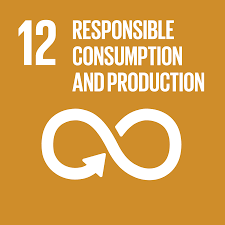The action and its aims
The overall objective of this strategy is “to attain consistent food security for city residents while safeguarding the commercial interests of food industry entrepreneurs.” It will do so by increasing food production, stabilising food supply and incomes, reducing food losses, and providing good welfare of food consumers.
When it was introduced
The Nairobi City County Food System Strategy was introduced in 2022 and has a 5-year implementation plan.
Why it was needed
Nairobi’s food system is largely informal making it a difficult system to assess and monitor. Moreover, the current supply chain is long and inefficient, leading to high-priced food. Local food production constitutes 1-18% of the total food needs of the city and is thus unable to provide enough nutritious and high-quality food for each city resident, nor can it give commercial participants in food production, processing, and distribution good returns on their investments.[1]
Who initiated it, who is involved
This strategy was created by Nairobi City County. The data that was used came from studies conducted by Jomo Kenyatta University for Agriculture and Technology with the financial and technical support of the FAO. C40 Cities provided technical support. The private sector will have an important role in the food system’s operation.
Impacts to date
For more information and updates visit the Nairobi City County’s website.



